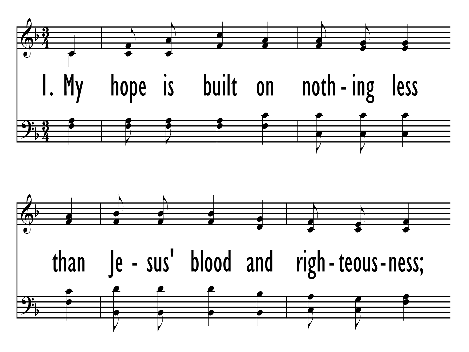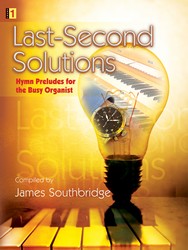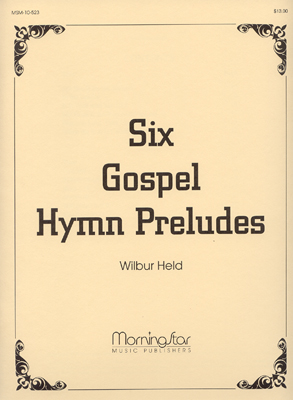- |
User Links
Ahead of Us a Race to Run
Hymn Information
- First Line
- Ahead of us a race to run
- Author
- Martin E. Leckebusch
- Tune Name
- SOLID ROCK
- Composer
- William B. Bradbury (1863)
- Topic
- Discipleship · Perseverance
Copyright Information
- Text Copyright
- © 1999 Kevin Mayhew, Ltd.
- Tune Copyright
- Public Domain
- Reprint/Projection Information
- Words: Permitted with a license from CCLI.com. If you do not own this license, please contact the copyright holder for permission.
- Music: The Music is in the Public Domain; you do not need permission to project or reprint the Music.
Scripture References
Confessions and Statements of Faith References
Further Reflections on Confessions and Statements of Faith References
To be sure, baptism provides the assurance “that God, by grace, has forgiven our sins because of Christ’s blood poured out for us in his sacrifice on the cross” (Heidelberg Catechism, Lord’s Day 26, Question and Answer 70). But it also involves the calling that “more and more we become dead to sin and live holy and blameless lives” (Heidelberg Catechism, Lord’s Day 26,
Question and Answer 70).
“Christ places baptism in the world as a seal of God’s covenant people, placing them in ministry” (Our Song of Hope, stanza 18). Consequently, “The Spirit calls all members to embrace God’s mission” (Our World Belong to God, paragraph 41). Our vocation is broad because Christ is Lord over all: “To follow this Lord is to serve him wherever we are without fitting in, light in darkness, salt in a spoiling world” (Our World Belongs to God, paragraph 43). Our identity thus determines our vocation.
Ahead of Us a Race to Run
Blessing/Benediction
Additional Prayers
so go ahead of us to lead us.
so go behind us to guard us.
so go beneath us to support us.
so go beside us to befriend us. Amen.


 My Starred Hymns
My Starred Hymns







